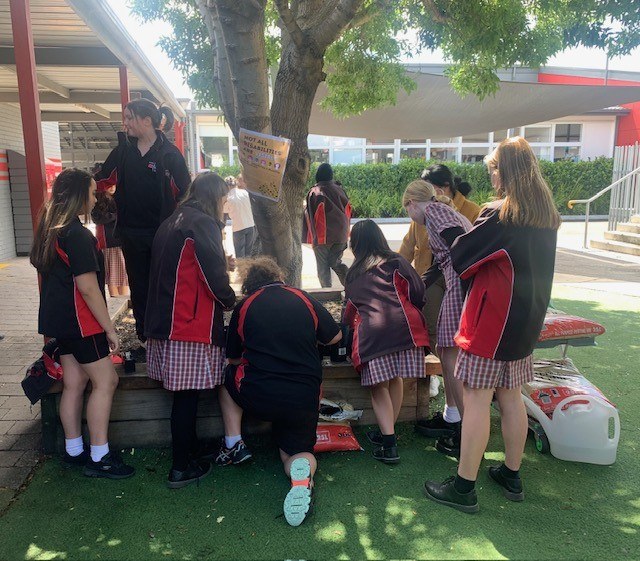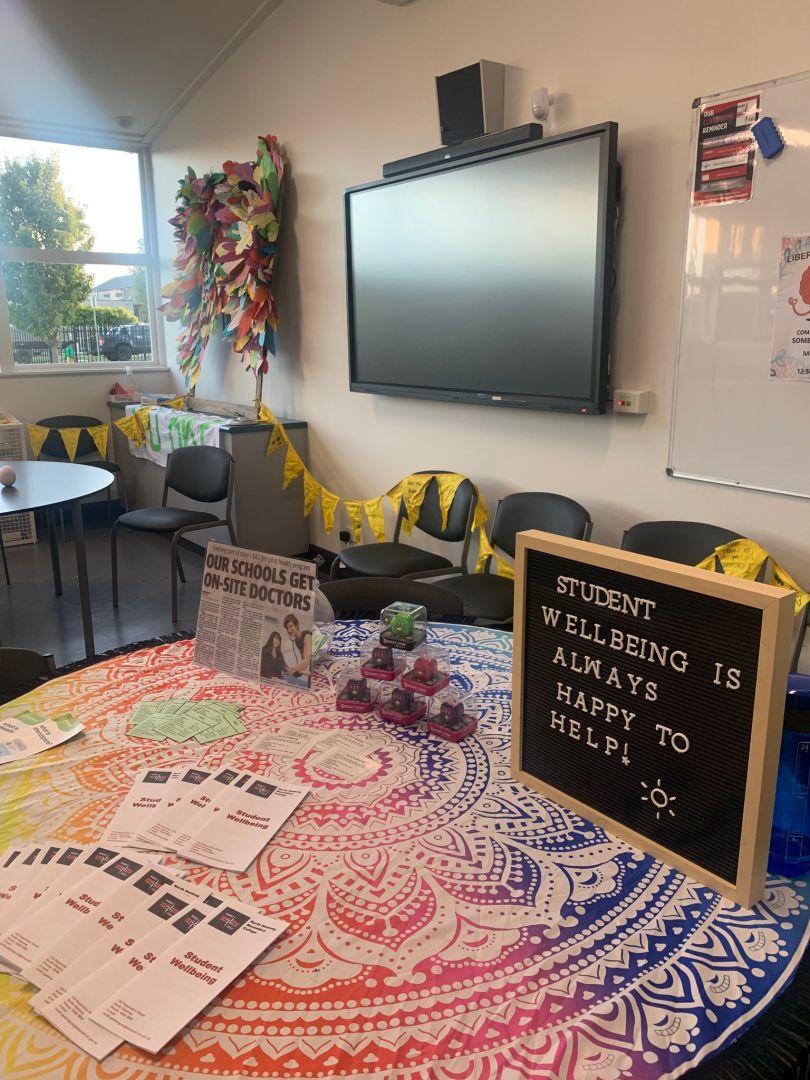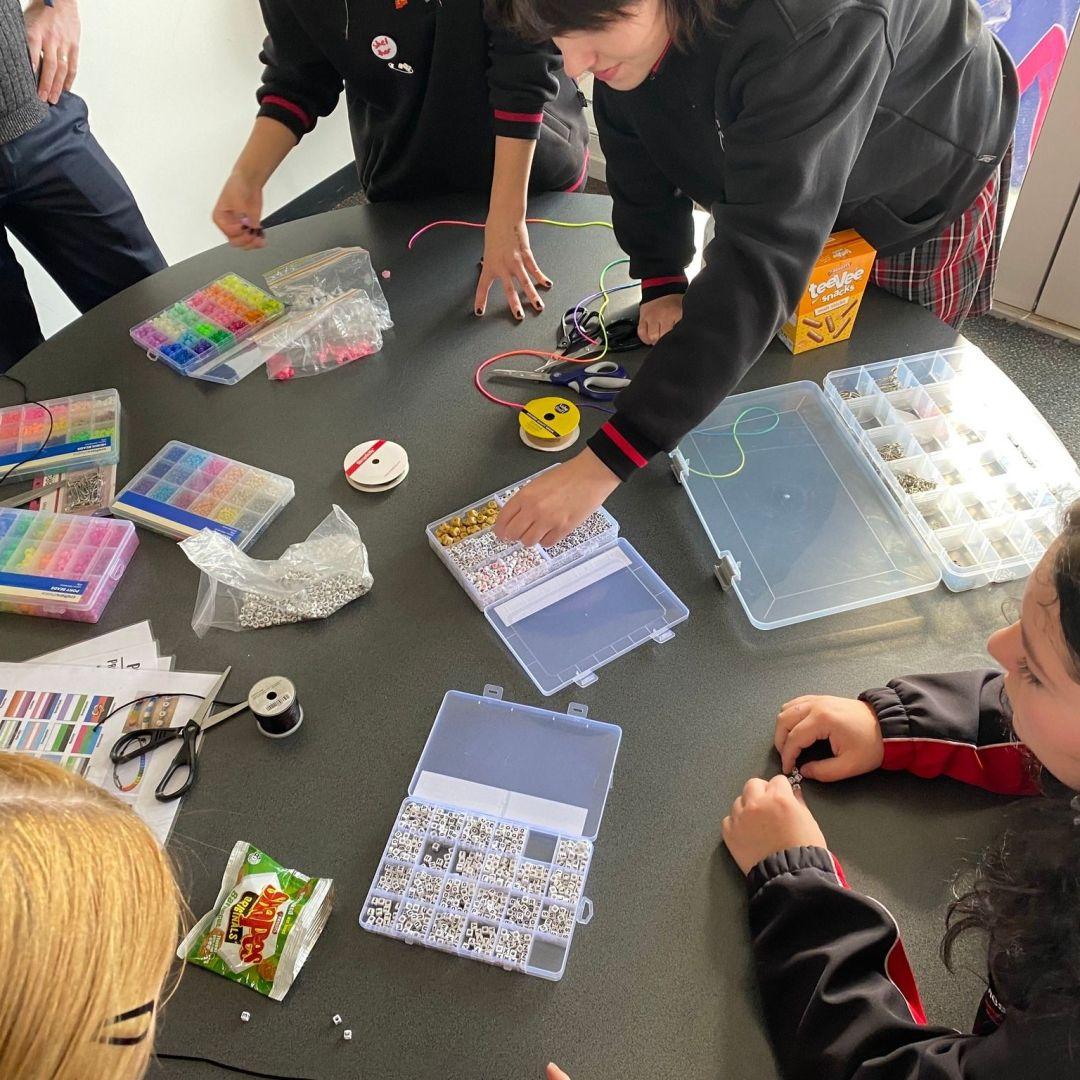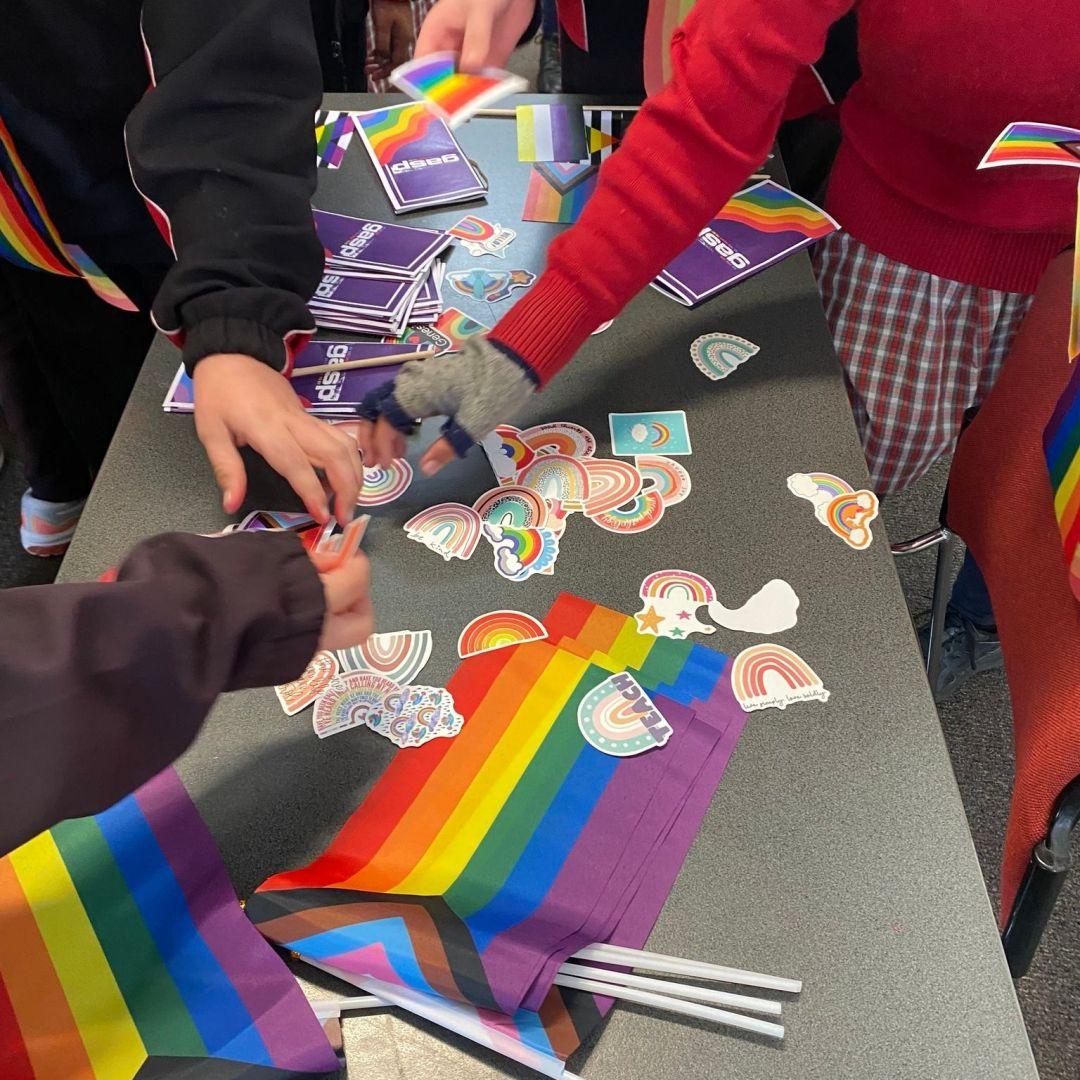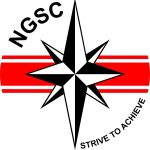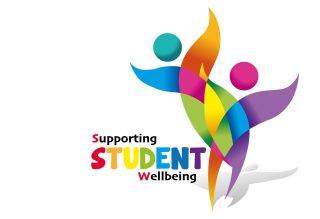Student Wellbeing
Wellbeing encompasses our physical, social, emotional and mental health, and has the capacity to influence how we feel about ourselves, others and life in general.
Here at North Geelong Secondary College the Student Wellbeing Team assists young people to achieve their educational and developmental potential, by providing strategies and specialised support at individual, group, and College-wide levels. We work in collaboration with a variety of services either based in the community or who are co-located within the College.
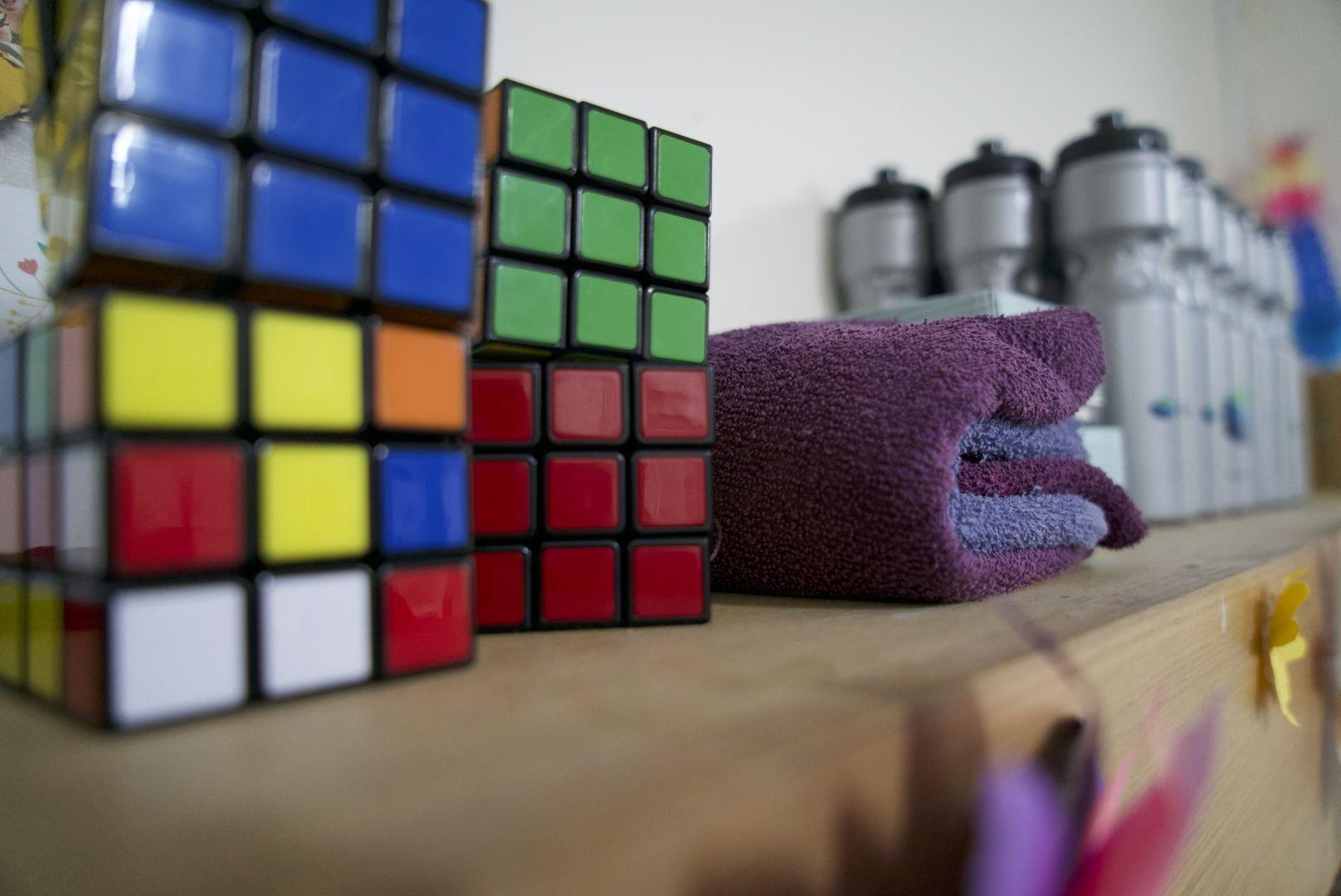

Meet the Team
Student Wellbeing services respond to the needs of young people at North Geelong Secondary College. From whole school health and wellbeing promotion, financial assistance, development and provision of groups, participation in support meetings, external referrals and providing students a safe space. Student wellbeing is an integral support for the college community.
Student Wellbeing encourages and supports the running of various whole school events including RUok? Day, Harmony Day and IDAHOBIT Day to name a few.
Student Wellbeing provides classroom support with topics such as; seeking help, healthy relationships, supporting a friend, sexual health, alcohol and other drugs, cyber safety, risk taking behaviours and health promotion.
Operating in collaboration with the Department’s Area-based multi-disciplinary teams, the practitioner’s role has the following functions:
- Providing direct counselling support and other early intervention services for individual students identified as at-risk and/or experiencing or demonstrating mild to moderate mental health concerns.
- Providing direct counselling support and other early intervention services for small groups (where appropriate), coordinating additional supports (both within and external to the College) for students with critical needs, including proactively working with regions and other health professionals to engage further support as required.
- Enhancing mental health promotion and prevention activities in the College by contributing to whole school health and wellbeing plans, building the capability of teaching staff and College leadership to manage student health and wellbeing and helping to embed mental health promotion and prevention programs and strategies in the College.
Schools engage chaplains to support the educational, social and emotional wellbeing of students. The aim of a chaplain is to support the emotional wellbeing of students by providing pastoral care services and strategies that support the emotional wellbeing of the broader College community.
They work closely with wellbeing and allied health staff in schools to support students and their educational outcomes, staff, families and the wider College community.
- Work as a member of the College's wellbeing team in the delivery of student wellbeing services
- Contribute to improving student engagement and connectedness
- Contribute to providing a safe, inclusive and supportive learning environment
- Provide pastoral care and guidance to students
- Operate within the College community and with external providers
The Secondary School Nursing Program (SSNP) aims to support the health and wellbeing of secondary school students in targeted secondary schools, with a focus on health promotion and primary prevention to improve student health, wellbeing and learning outcomes. Activities of the SSN may include health promotion, health education including classroom and small group sessions, and limited primary health care including student assessment, referral and support. The SSN works collaboratively with students, teachers, wellbeing staff, school leadership and school communities to build capability and improve health outcomes.
Programs run with our Team
The Student Wellbeing team helps facilitate wellbeing group programs as well as supporting teaching staff with their delivery on wellbeing topics. A few of the current programs include:
I CAN Program
A mentoring program for neurodivergent young peopleThe Geelong Project
TGP offer a range of topics for group work- Cyber Cats
An anti-cyberbullying campaign for Year 7 students facilitated by Headspace and the Geelong Cats - Just THINK!
A risk taking program for Year 9 students facilitated by the Geelong Cats Community Program - Respectful Relationships
Whole school approach to building resilience and positive relationships - PARTY Program
An aversion program for adolescent risk taking behaviours for Year 10 to 12 students every second year. NGSC applies for this program each year - Kokoda Youth Trek
Each year Victoria Police in collaboration with local schools, send a group of ten Year 10 students from across Geelong - SoulART
Art based intervention group Indigenous Belonging Program Focuses on Year 7 to 8 students - AIME – Australian Indigenous Mentoring Experience Program










